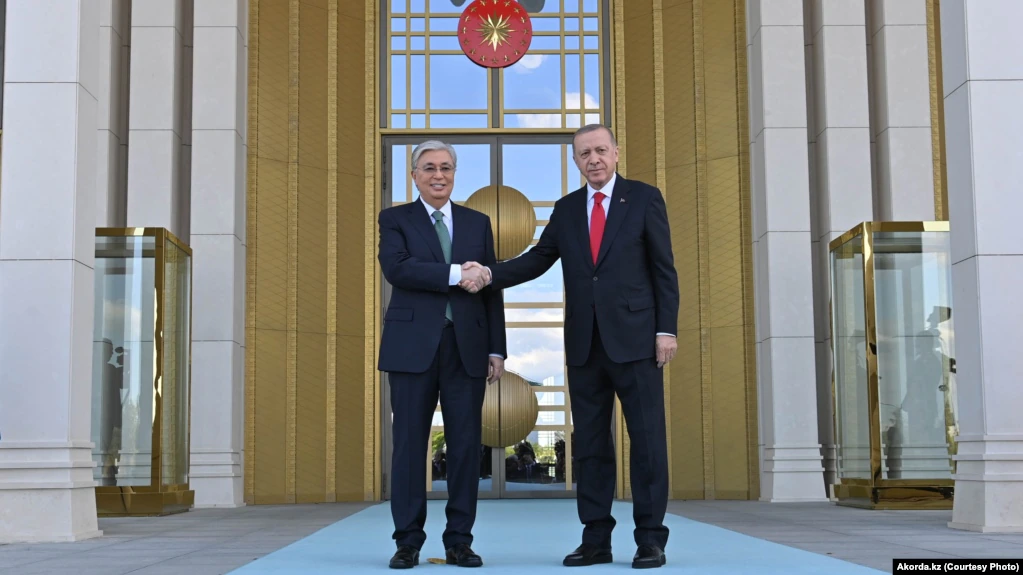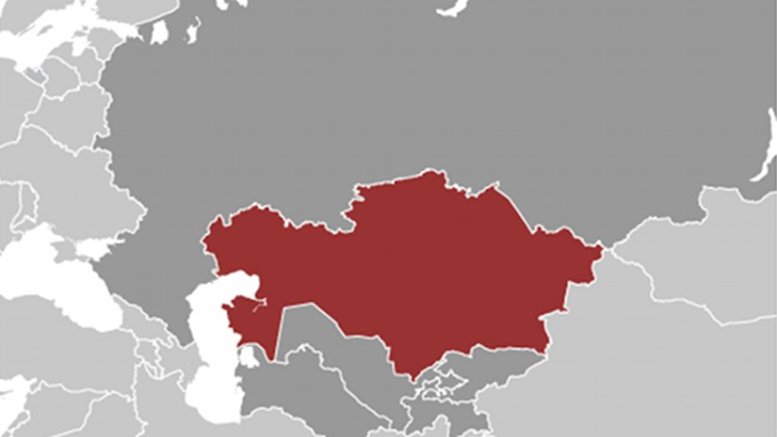 Many were puzzled by Trump’s outreach as Kazakhstan is ruled by an authoritarian dictator, is not a democracy, does not champion or guarantee basic democratic rights such as freedom of speech and press, and is known more for its human rights abuses than its partnership with the U.S. Trump’s nascent and unpublicized nuclear policy is the opposite of Kazakhstan’s nuclear efforts and can impact the blossoming and important partnership.
Many were puzzled by Trump’s outreach as Kazakhstan is ruled by an authoritarian dictator, is not a democracy, does not champion or guarantee basic democratic rights such as freedom of speech and press, and is known more for its human rights abuses than its partnership with the U.S. Trump’s nascent and unpublicized nuclear policy is the opposite of Kazakhstan’s nuclear efforts and can impact the blossoming and important partnership.
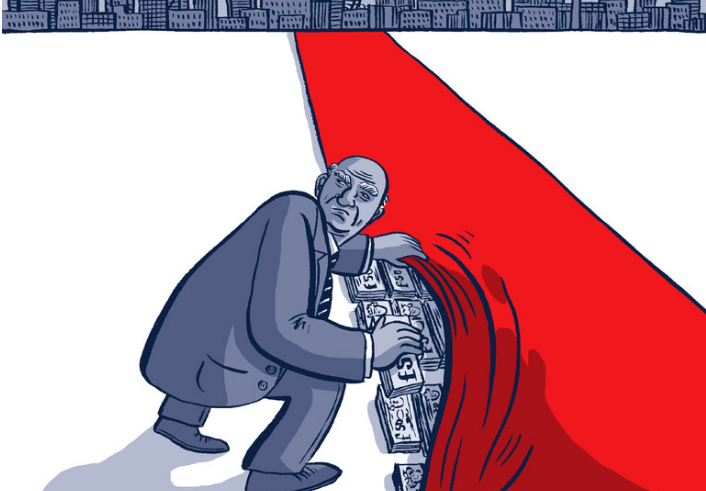 Six years ago, the government of Kurmanbek Bakiyev nearly killed me. I remember it well, because it killed a man standing near me. It wasn’t specifically me, or him, they were trying to kill. They were simply firing live rounds at protesters.
Six years ago, the government of Kurmanbek Bakiyev nearly killed me. I remember it well, because it killed a man standing near me. It wasn’t specifically me, or him, they were trying to kill. They were simply firing live rounds at protesters.


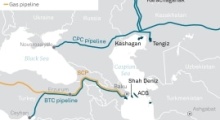


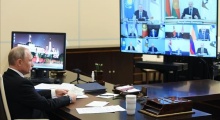

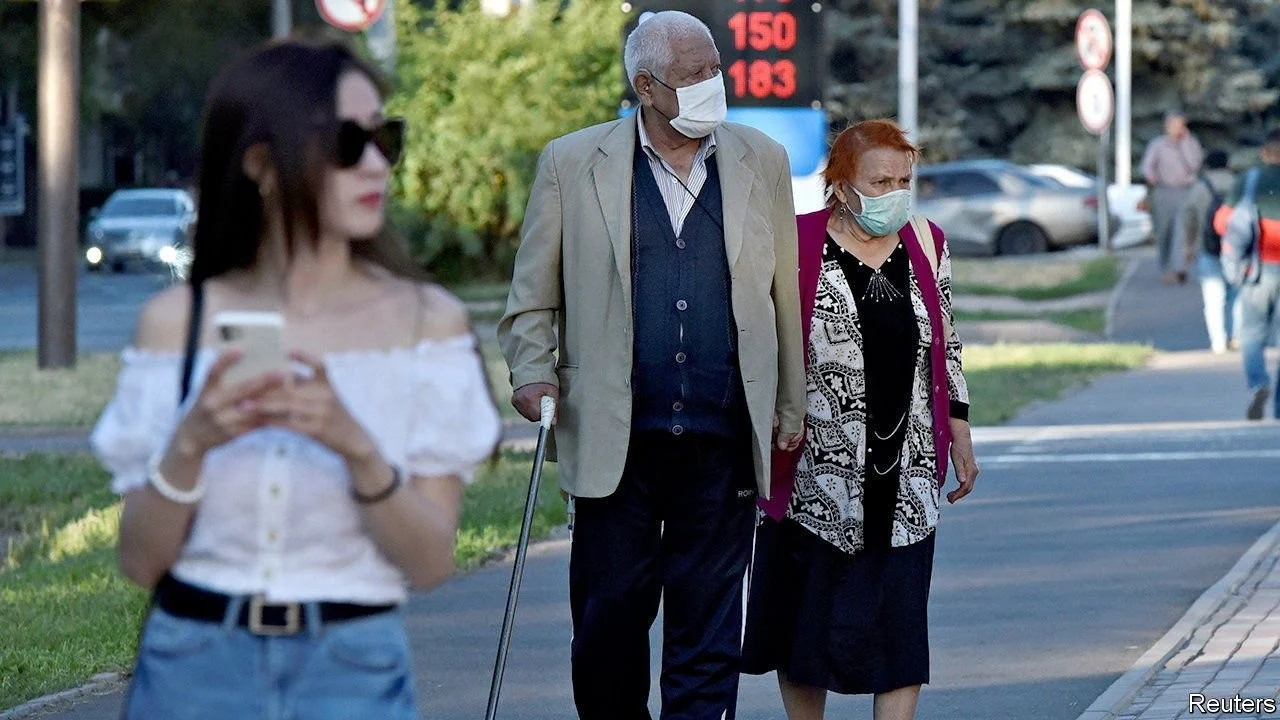
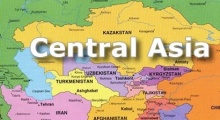
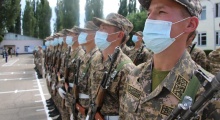

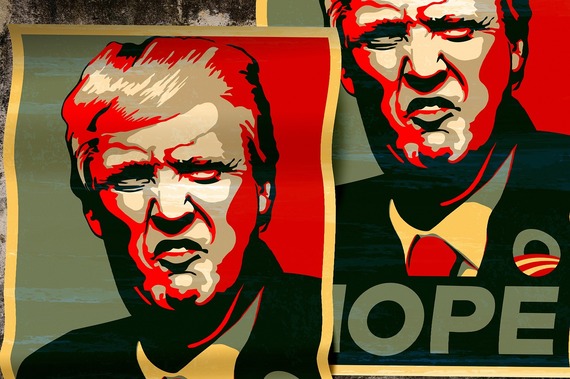 Donald Trump’s munchkins would have us believe that the new American president is going to usher in a period of prosperity for the United States and the world.
Donald Trump’s munchkins would have us believe that the new American president is going to usher in a period of prosperity for the United States and the world.
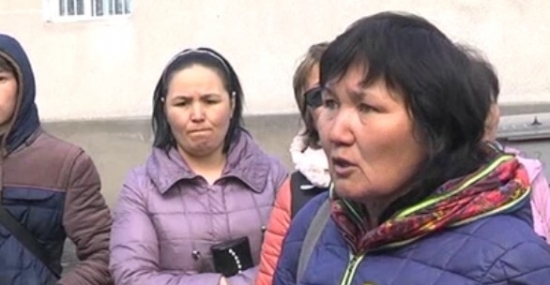 On the morning of December 14, a 48-year old woman in Astana, Maira Rysmanova, succumbed to injuries sustained after she set herself alight in a desperate protest in front of the General Prosecutor’s Office.
On the morning of December 14, a 48-year old woman in Astana, Maira Rysmanova, succumbed to injuries sustained after she set herself alight in a desperate protest in front of the General Prosecutor’s Office.
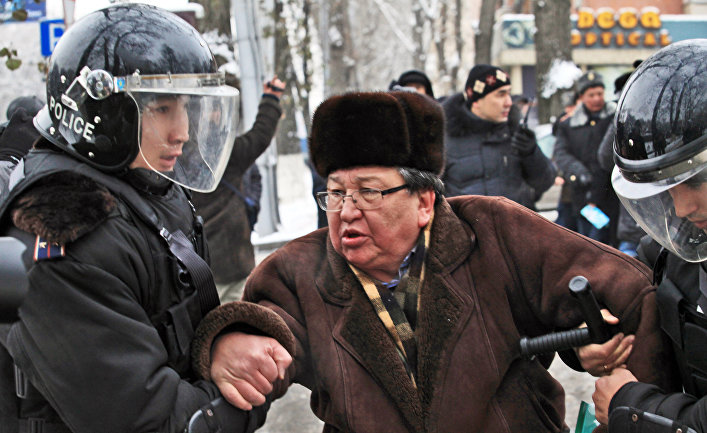 The oil workers were shocked to see that the city would try to hold a party just yards from the spot they had occupied for months in the hope of negotiating higher salaries. The day was December 16, 2011, and authorities in the city of Zhanaozen in western Kazakhstan, disregarding the strikers, were intent on celebrating Independence Day in a cacophonous way.
The oil workers were shocked to see that the city would try to hold a party just yards from the spot they had occupied for months in the hope of negotiating higher salaries. The day was December 16, 2011, and authorities in the city of Zhanaozen in western Kazakhstan, disregarding the strikers, were intent on celebrating Independence Day in a cacophonous way.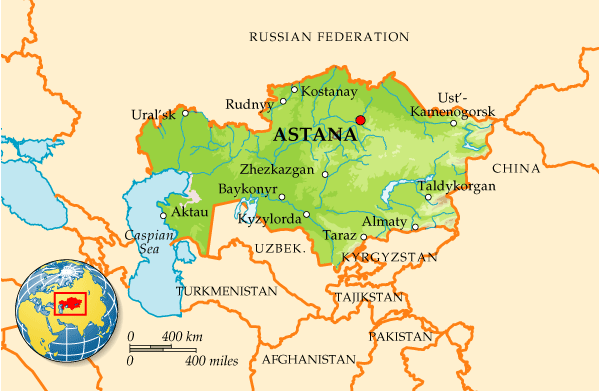 “Classical” cases such as the massive amounts of money embezzled by former BTA bank chief Mukhtar Ablyazov and ex-mayor of Almaty Viktor Khrapunov have been haunting Kazakh law enforcers for well over a decade. But white collar crime, meaning not bribes and extortions but straightforward swindle and theft, have become endemic in Kazakhstan during the last couple of years.
“Classical” cases such as the massive amounts of money embezzled by former BTA bank chief Mukhtar Ablyazov and ex-mayor of Almaty Viktor Khrapunov have been haunting Kazakh law enforcers for well over a decade. But white collar crime, meaning not bribes and extortions but straightforward swindle and theft, have become endemic in Kazakhstan during the last couple of years.
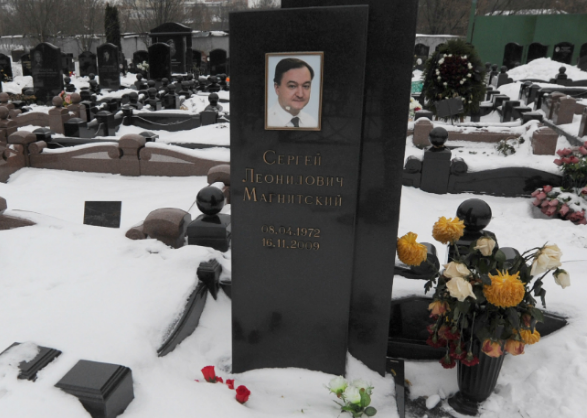 Congress passed its annual defense spending bill on Thursday, which in any other instance would be news itself. But tucked into the 2017 National Defense Authorization Act was a watershed provision on human rights and corruption — one with global consequences.
Congress passed its annual defense spending bill on Thursday, which in any other instance would be news itself. But tucked into the 2017 National Defense Authorization Act was a watershed provision on human rights and corruption — one with global consequences.



